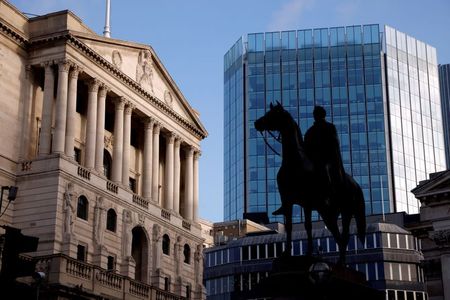BoE eyes a climate-conscious corporate bond purchase scheme

The Bank of England (BoE) has tabled plans to make its £20bn of corporate bonds better aligned with government net zero targets today.
Set to begin later this year, the bank will not immediately sell off bonds issued by businesses that have high carbon emissions, such as energy and oil firms.
“Divestment is a powerful tool and should remain squarely in the toolkit. But it should be used as a credible threat to reinforce incentives, not an indiscriminate ‘quick fix’,” BoE executive director for markets Andrew Hauser said in a speech today.
“We want to set challenging incentives to support transition. But jumping straight to the end state today, when data remain partial and firms are still developing credible emissions-reduction plans, is neither feasible nor productive.”
Targets will be set for the total emissions of its corporate bond holdings, the central bank said, as it will look to invest in ‘green’ corporate bonds as they become available, with bond issuers publishing their emissions to be eligible.
“Setting a target for the overall climate properties of the portfolio will help shape and steer our investment decisions and provide transparency and accountability,” Hauser continued.
“At first sight, the framing of this target seems obvious: to achieve net zero by 2050. But 2050 is well beyond the likely lifespan of the CBPS. And ‘achieve net zero’ does not tell our staff which bonds to trade. So, we need a nearer-term, intermediate, goal – in measurable units.”
Bond issuers with high emissions output will need to outline their road to reduce emissions, otherwise, they will risk no longer being eligible for bond purchases.
Chancellor Rishi Sunak changed the BoE’s policy mandate in March to push it to support the government’s carbon emissions commitment.
The BoE is yet to specifically define the approach but will do so in the coming months.
Hauser stressed the importance of acting on climate change now, saying that: “Relying on future disasters to force adjustment is not a plan. Orderly transition requires concerted efforts across every sector and country in the global economy.
“Start late, and the best case is severe economic disruption, at least as bad as in 2008-9. Leave it completely and temperatures will soar, causing untold physical, human and economic damage.
“In the UK, greenhouse emissions have already halved in the past thirty years, one of the best performances in the G7. To get to net zero, we need the same again.”